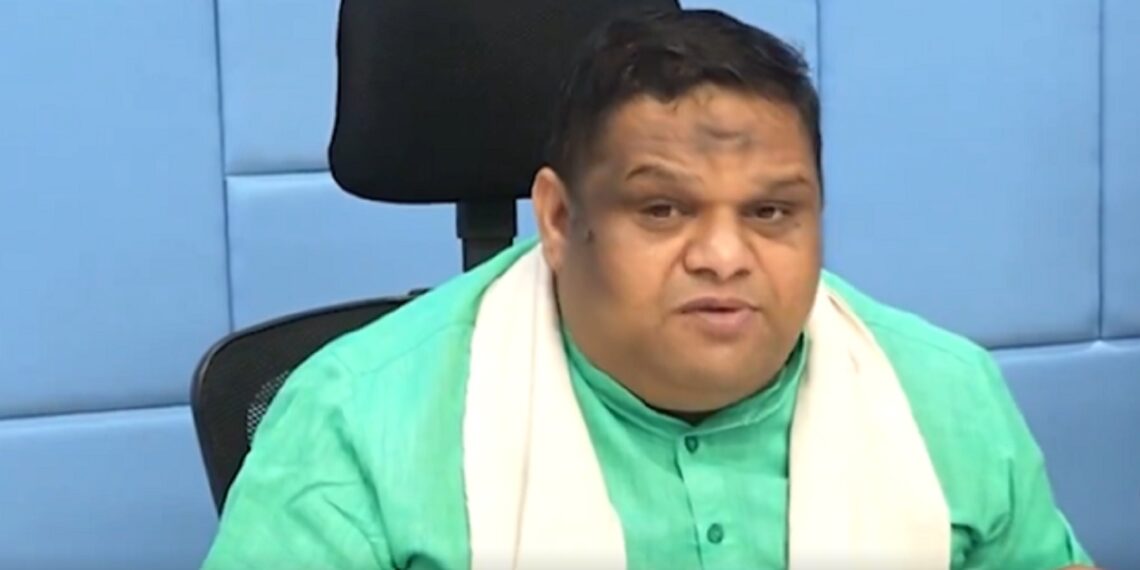SHILLONG: Meghalaya is facing a critical situation regarding child health and safety, as revealed by the National Commission for Protection of Child Rights (NCPCR).
Priyank Kanoongo, the chairperson of NCPCR, highlighted that 364 children in Meghalaya are currently infected with HIV.
The troubling statistic was disclosed during a meeting chaired by Kanoongo with 16 state government departments on Saturday.
Highlighting the urgency of addressing this issue, Kanoongo called for immediate action.
He urged the relevant department to explore the possibility of providing sponsorship to the affected children under section 45 of the Juvenile Justice Act, enabling them to receive financial assistance from the government.
Additionally, with 8,000 adults in the state also testing positive for HIV, the commission has requested an examination of the families and children affected to extend financial support to them as well.
Addressing the high rate of teenage pregnancies in the state, the commission proposed several measures, including community discussions, and collaborations with Autonomous District Councils (ADCs) members and Self-help Groups (SHGs) to raise awareness.
Kanoongo stressed the importance of educating SHG master trainers and ADCs about the Protection of Children from Sexual Offences (POCSO) Act to prevent teenage pregnancies effectively.
The meeting also addressed the needs of 4,000 children with disabilities in the state.
The state government was asked to gather data and conduct a survey to determine if these children are lacking necessary certificates, pensions, or other support.
The government in response assured the commission that the appointment process for the chairperson of the Meghalaya State Commission for Protection of Child Rights would commence shortly.
In a positive development, the government also apprised the commission that 94% of villages in Meghalaya have established child protection committees, integrated with SHGs.
To bolster child rights protection efforts, the NCPCR said that it plans to hold orientation programmes for SHG master trainers.
Kanoongo also announced workshops and programmes with the ADCs to address child rights issues comprehensively.
Another concern raised was the sale of “X” schedule drugs, which contain psychotropic substances, in 731 pharmacies across Meghalaya. Out of these, 587 pharmacies have installed CCTV cameras.
The commission has instructed the police and the Criminal Investigation Department (CID) to ensure strict surveillance, preventing the sale of these drugs to children without a prescription.
The NCPCR’s revelations and subsequent directives underscore the urgent need for coordinated efforts to safeguard the health and rights of children in Meghalaya.















